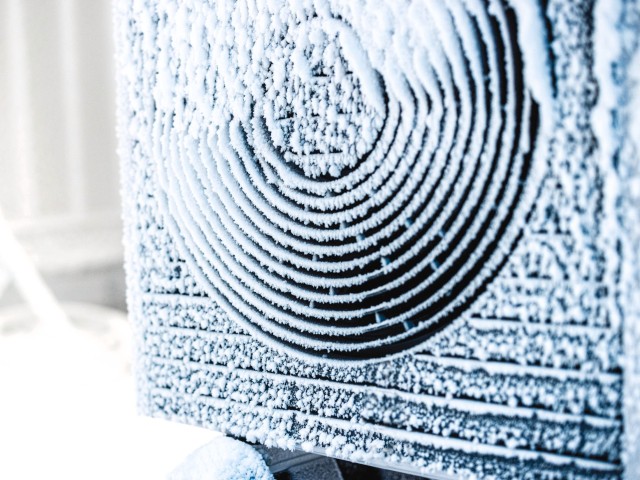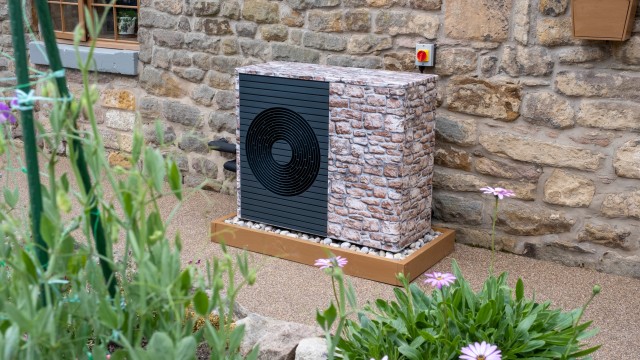As of 29th May 2025, in England, you no longer require planning permission from your local authority for most* air source heat pump installs.
This allows you to:
- Install a heat pump unit within 1m of a property boundary
- Have two heat pumps for a detached home
- Increased system size (1.5m³)
- Heat pumps need to quieter than 42dB and inline with new 020 sound assessment guidelines.
For homeowners that live in Wales, Scotland or Northern Ireland, planning rules still apply meaning it is important to check with your local authority ahead of installation.
*If you live within a Conservation Area or World Heritage site, you will still need to check with your local authority first as different rules apply.
Rules also differ if you're looking to install either a ground or water source heat pump.


_image_640w_213h.jpg)

